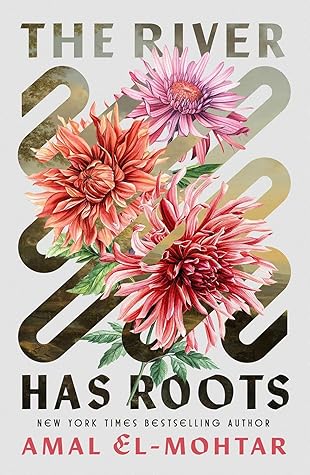More on this book
Community
Kindle Notes & Highlights
What is magic but a change in the world? What is conjugation but a transformation, one thing into another? She runs; she ran; she will run again.
The river may conjugate everything it touches, but the willows translate its grammar into their growth, and hold it slow and steady in their bark.
You might think that something about the shape of those trunks, the sweep of their twisted crowns, reminds you of something, or someone, you’ve lost—something, or someone, you would break the world to have again. Something, you might think, happened here, long, long ago; something, you might think, is on the cusp of happening again.
But that is the nature of grammar—it is always tense, like an instrument, aching for release, longing to transform present into past into future, is into was into will.
there are always things lost in translation, and curious things gained.
As it happens the River Liss is always changing, itself and all it touches. Here it touches our story, and makes a change.
Most music is the result of some intimacy with an instrument. One wraps one’s mouth around a whistle and pours one’s breath into it; one all but lays one’s cheek against a violin; and skin to skin is holy drummer’s kiss. But a harp is played most like a lover: you learn to lean its body against your breast, find those places of deepest, stiffest tension with your hands and finger them into quivering release.


